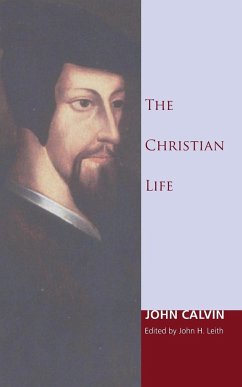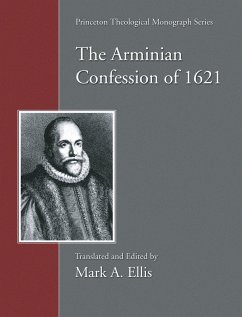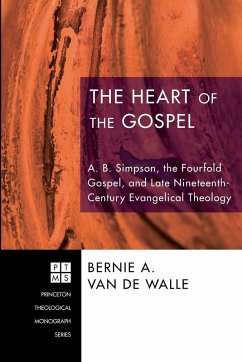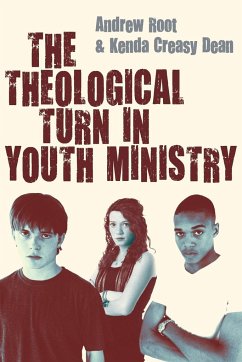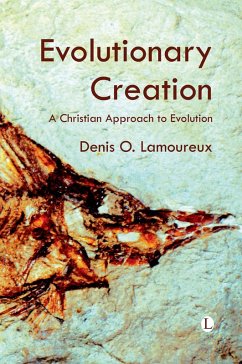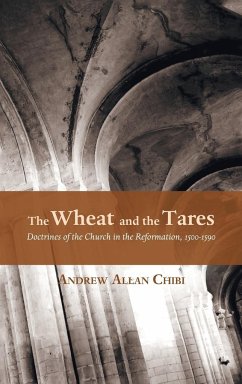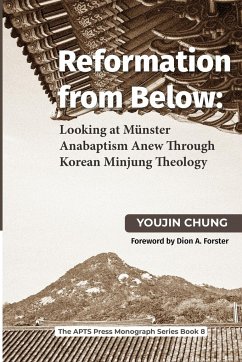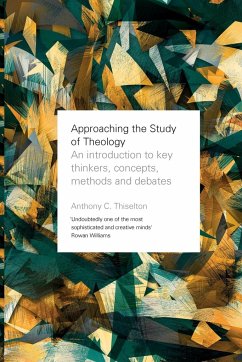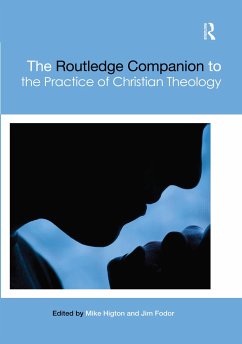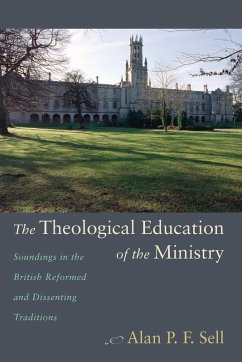
The Theological Education of the Ministry
Versandkostenfrei!
Versandfertig in 1-2 Wochen
33,99 €
inkl. MwSt.
Weitere Ausgaben:

PAYBACK Punkte
17 °P sammeln!
Unwilling on conscientious grounds to submit to the religious tests imposed by the Universities of Oxford and Cambridge, the English and Welsh Dissenters of the second half of the seventeenth century established academies in which their young men, many of them destined for the ministry, might receive a higher education. From the eighteenth century onwards, theological colleges devoted exclusively to ministerial education were founded, while in Scotland historically, and in England and Wales over the past 120 years, freestanding university faculties of divinity/theology have provided theologica...
Unwilling on conscientious grounds to submit to the religious tests imposed by the Universities of Oxford and Cambridge, the English and Welsh Dissenters of the second half of the seventeenth century established academies in which their young men, many of them destined for the ministry, might receive a higher education. From the eighteenth century onwards, theological colleges devoted exclusively to ministerial education were founded, while in Scotland historically, and in England and Wales over the past 120 years, freestanding university faculties of divinity/theology have provided theological education to ordinands and others. These diverse educational contexts are all represented in this collection of papers, but the focus is upon those who taught in them: Caleb Ashworth (Daventry Academy); John Oman (Westminster [Presbyterian] College Cambridge); N. H. G. Robinson (University of St. Andrews); Geoffrey F. Nuttall (New [Congregational] College, London); T. W. Manson (University of Manchester); Owen Evans (University of Manchester and Hartley Victoria Methodist College)--the lone Methodist scholar discussed here; and W. Gordon Robinson and J. H. Eric Hull (University of Manchester and Lancashire Independent College). Between them these scholars covered the core disciplines of theological education: biblical studies, ecclesiastical history, philosophy, doctrine, and systematic theology.




